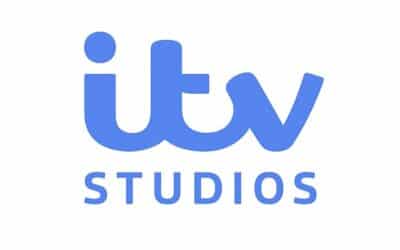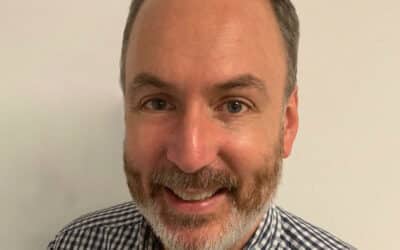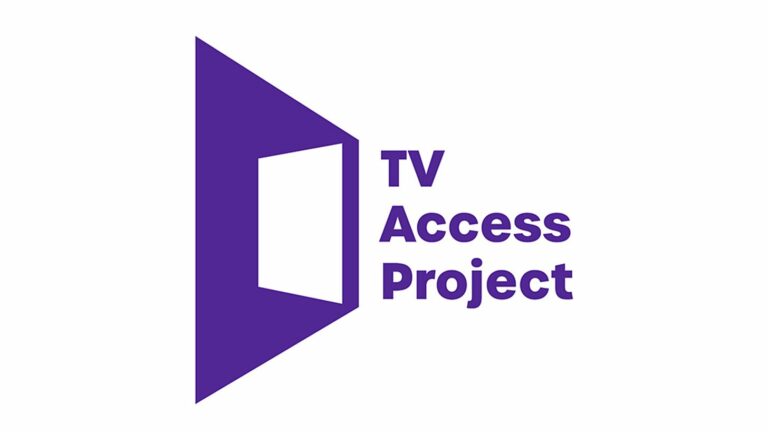Nine of the UK’s main broadcasters and streamers have joined forces to help improve access for disabled talent across the TV industry.
The TV Access Project (TAP) has been created by the BBC, Channel 4, Britbox International, Disney+ UK, ITV, Paramount, Prime Video, Sky and UKTV, with further support from industry body the Creative Diversity Network (CDN) and PACT, representing the indie sector.
TAP has been formed in response to the campaign by Underlying Health Condition (UHC), which was set up by disabled creatives Genevieve Barr, Katie Player and Holly Lubran along with screenwriter Jack Thorne, following his impassioned MacTaggart Lecture at Edinburgh TV Festival in 2021.
TAP is supported by TripleC, a Manchester-based organisation which provides a gateway for disabled access to the arts and media, its events arm Disabled Artists Networking Community (DANC) and Deaf & Disabled People in TV (DDPTV).
Together, all these organisations want to ensure an inclusive television production sector for disabled talent. TAP aims to improve access provision substantively and permanently across the UK TV industry, looking at solutions that are pan-genre, encompassing both scripted and unscripted.
The project started in April, when Charlotte Moore, CCO at the BBC, convened a pan-industry roundtable between disabled creatives and content creators. Since then, led by the BBC and Channel 4, broadcasters, streamers, industry bodies and disabled creatives have met regularly, focusing on two main areas: access on productions and access in studios and facilities.
Today, TAP has announced the publication of new production guidelines for Disability Inclusion, the 5 As. All those who adopt the guidelines will commit to Anticipating, Asking, Assessing, Adjusting and Advocating when it comes to working with disabled talent and providing their access requirements.
A group of TAP members have also published an open letter to studios and facilities to encourage the development of new industry standards for inclusivity in their workspaces. Those studios, post production houses and facilities that show they can meet these new guidelines will be given priority by TAP members when considering new UK commissions.
Finally a clear commitment to continue TAP until Edinburgh 2023, with an ambition to work pan-industry to consider issues including funding models for access and reasonable adjustments, the roll out of access co-ordinators and the retention and progression of disabled talent into senior roles.
TAP is setting an ambitious timeframe of just one-year to roll out the two sets of cross-industry accessibility guidelines and will update delegates at next year’s Edinburgh TV Festival on its achievements.
Moore said: “We set up the TV Access Project in response to Jack Thorne’s powerful call to arms at last year’s festival. Over the last six months we’ve been working across the sector and in partnership with disabled-led and pan-industry bodies and interest groups, to encourage as much participation and activity as possible. Today feels like a watershed moment for disabled talent and inclusion in our industry and it’s exciting to be in a position where we can agree sensible measures and implement collective action for change.”
Deborah Williams, executive director, Creative Diversity Network, added: “We were very pleased that Jack used CDN’s Diamond Data and Doubling Disability statistics in his MacTaggart lecture last year. As the UHC momentum continues and TAP is born, it is great to know that disability is now an established part of the diversity conversation in our industry. As a data-driven, evidence-based organisation, we are looking forward to the data we collect and publish continuing to be used as a force for change.”
TAP complements the work individual broadcasters and streamers are already doing to address access for disabled talent in the TV industry, and intends to be a forum for best practice. TAP is looking to expand its membership, and in the Autumn will be approaching other broadcasters and streamers.












